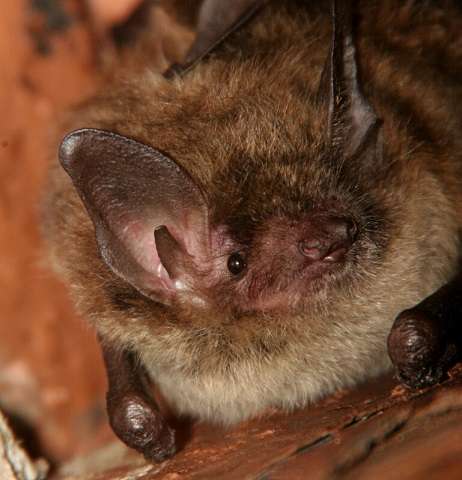Fitness
Bat in Dutton-Dunwich tests positive for rabies

Two people are receiving treatment after being exposed to a rabid bat southwest of London.
Southwestern Public Health, the health unit for Oxford and Elgin counties, announced on Friday that the bat had tested positive for the viral disease. It was sent for testing after two people in Dutton-Dunwich were potentially exposed to its saliva.
The two exposed individuals are currently receiving rabies post-exposure prophylaxis which will prevent them from contracting rabies, the health unit said.
Rabies is spread through the saliva of an infected animal. It affects the brain and eventually leads to death. Although the risk of rabies is extremely low, humans exposed to the virus – usually through a bite or scratch from an infected animal – require treatment to avoid death.
“If you have been bitten or scratched by an animal, the first step is to wash the wound right away with soap and water,” said Amy Pavletic, the health unit’s program manager for environmental health. “The second step is to seek medical attention. The third step is to report all animal bites to your local public health unit so that we can investigate and assess the risk of rabies transmission.”
To help protect against rabies, the health unit recommends the following:
-
Vaccinate your pet against the rabies virus.
-
Make sure your pet’s vaccinations are up-to-date.
-
Keep pets indoors at night.
-
Touch base with your vet if you see any potential wounds on your pet from a fight with wild animals.
-
Teach children to stay away from wild animals and strange dogs and cats.
-
Always ask permission before trying to pet an animal.
-
Supervise children around animals.
-
Do not attempt to touch or feed wild animals.
-
Do not touch sick animals.
-
Do not approach animals behaving oddly or aggressively.
-
Be familiar with the signs of rabies in your pets and wild animals.
The health unit also advises people never to handle a bat directly. Local wildlife rescues can be contacted to answer questions and help people get rid of bats that may be found inside the home.


)






